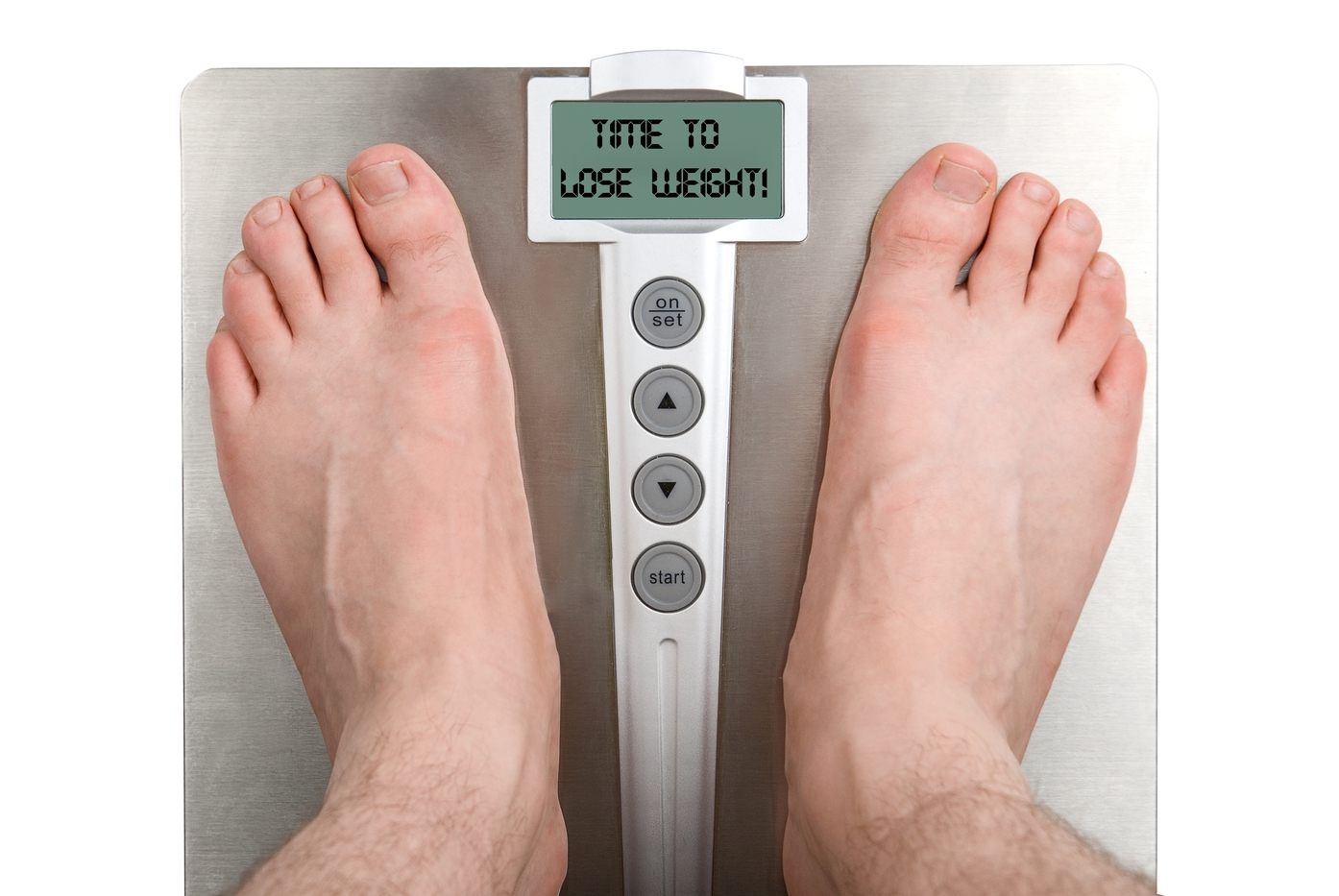Smoking worse than weight gain for heart health
 Smoking is one of the leading causes of preventable death in the United States, and can raise your risk of heart disease, breathing problems, and cancer. However, many people are afraid to quit smoking for fear that they will gain weight. The good news is that a recent study suggests that a little weight gain is much less dangerous than the long-term effects of smoking.
Smoking is one of the leading causes of preventable death in the United States, and can raise your risk of heart disease, breathing problems, and cancer. However, many people are afraid to quit smoking for fear that they will gain weight. The good news is that a recent study suggests that a little weight gain is much less dangerous than the long-term effects of smoking.
The dangers of smoking
Smoking is an addictive habit that can be hard to quit. But according to the Centers for Disease Control (CDC), smoking can affect the health of your body in many ways. It can raise your blood pressure by constricting blood vessels; make your lungs dirty so it is harder for you to breathe; and weaken your bones. In addition, smoking can dry out your skin, cloud your vision, affect the health of your teeth and gums, and raise your risk for many types of cancer.
Weight gain vs. smoking
 Weight gain is a risk factor for obesity-related conditions like heart disease, diabetes and breathing problems. A recent study by the Health Promotion Department in Osaka, Japan found that many people are afraid to quit smoking because they think they may gain weight after quitting. However, after looking at a few thousand people over 16 years, including smokers and those who quit smoking, they found that:
Weight gain is a risk factor for obesity-related conditions like heart disease, diabetes and breathing problems. A recent study by the Health Promotion Department in Osaka, Japan found that many people are afraid to quit smoking because they think they may gain weight after quitting. However, after looking at a few thousand people over 16 years, including smokers and those who quit smoking, they found that:
- about one-third of the people who quit smoking did not gain any weight
- about one-third gained no more than about 4 pounds after quitting
- the risk of dying for those who quit smoking was one-third lower for those who did not gain weight, and nearly one-half lower for those who gained no more than 4 pounds
In addition, the researchers found that those who quit smoking had an easier time managing their weight. This was because they could breathe better and so were able to be more active.
How to quit smoking and still manage your weight
Since it is clear that smoking is much more dangerous to your health than gaining a little bit of weight, you may wonder how you can make the first step to quitting. The CDC offers a lot of online resources to help you find:
- support groups to help you quit smoking
- phone apps to track your progress
- phone-based advice on how to quit
- materials to educate you on different ways you can try to quit for better health
Since you may want to manage your weight after you quit smoking, here are some simple tips you can follow to get on track to a healthier lifestyle:
- Start a journal to record what you eat every day. Keeping a food journal will help you see where you need to change your eating habits and downsize your portions.
- Track how active you are. Wear a step counter (pedometer) to help you see how active or inactive you are every day. Use this to increase your steps each day.
- Make short-term and long-term goals. Make a long-term goal every three months or so to give you something to work towards. Make small goals to accomplish each week, such as eating one more serving of vegetables every day. As you accomplish each small goal, your confidence will soar and before long you will be reaching your long-term goals!
Sources:
http://m.medlineplus.gov/news/fullstory_149533.html
http://www.cdc.gov/tobacco/data_statistics/fact_sheets/health_effects/effects_cig_smoking/
http://www.cdc.gov/tobacco/quit_smoking/how_to_quit/resources/index.htm

